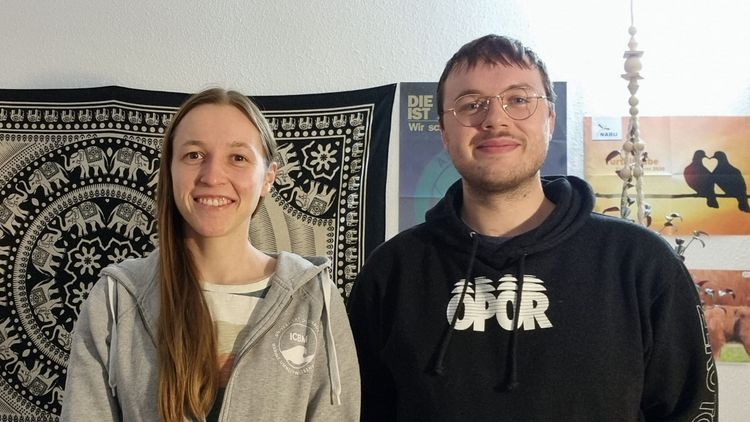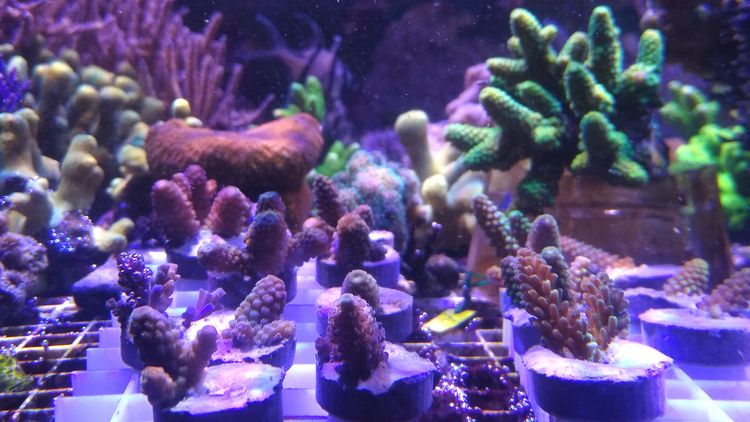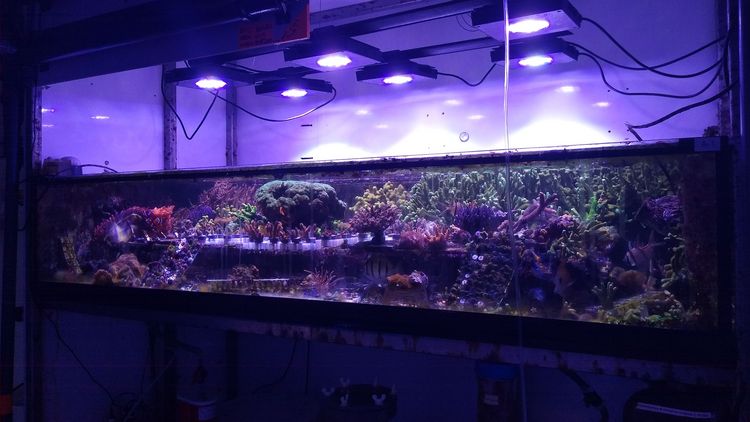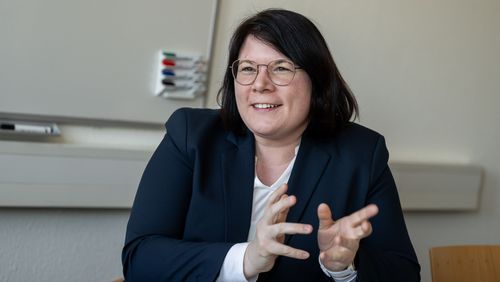For almost a year, five groups of Oldenburg students conducted research focused on the topic of "the future". Among the questions they investigated were how the climate movement envisions the future, how election forecasts influence voting behaviour, and how migrants imagine life in their new home country.
The forschen@studium programme was developed by the University of Oldenburg's Studies and Teaching Department two years ago. Led by Dr Susanne Haberstroh, the programme's team implements one of the university's key objectives: to combine research and teaching. "With this format, we want to give students the opportunity to pursue their own questions outside of their courses – in groups from different faculties and with an overarching theme. The programme concept was already familiar to us, especially from the US, and we found it really convincing," explains Haberstroh, who is also Advisor for Research-Based Learning at the university.
After the first round of the project, which dealt with questions related to the coronavirus pandemic, the second round sparked great interest. Eleven groups of students submitted proposals for research projects, five of which were approved. Each group then received a budget of up to 5,000 euros and had eight months to carry out its own independent research.
Mike Jan Smykala and Laura Fiegel are currently writing their Master's theses at the university's Institute for Chemistry and Biology of the Marine Environment (ICBM) and are one of the teams in the forschen@studium programme. Since April, they have been investigating the role of fluorescence in stony corals that are exposed to thermal stress and the question of whether fluorescence can provide insights about the condition of corals. Coral reefs play a vital role as ecosystems in the marine environment because they are home to the greatest diversity of species there. “The fish that live in reefs also constitute the main source of protein for more than 100 million people”, explaines Smykala. Yet corals were being destroyed at an alarming rate: it is estimated that no less than 14 percent of the total surface area of coral reefs has been lost in the past decade.
Smykala and Fiegel studied hundreds of coral larvae under a fluorescence microscope and compared them with adult corals. In the experiments, the water temperature was increased from 28 to 32 degrees Celsius. During prolonged heat waves, corals expel the symbiotic fluorescent microalgae that live in their tissues. This causes the coral to lose its colour and turn white, which is known as coral bleaching.
The two students made frequent trips to Bremerhaven to carry out measurements at the Alfred Wegener Institute, Helmholtz Centre for Polar and Marine Research (AWI), where a group of researchers is working on a similar question. "For us, it was already exciting when we noticed in August that the larvae were reacting to the rising temperatures. In corals exposed to thermal stress, a loss of green fluorescence could be observed before the corals bleached and expelled the red fluorescence. This means that fluorescence can serve as an indicator of health in adult corals and as an early indicator before bleaching," Mike Smykala explains.
"Clearly, the experiments need to be conducted on a larger scale to prove that the observations were not random," Smykala adds. But from the students' perspective they have gained a lot from the project because it taught them about how many phases are involved in a scientific project.
In another forschen@studium project, Raxide Andrade Leon, Oliver Bruton and Sumbul Jafri, who are doing their Master's degrees at the university's department of psychology, focused on Alzheimer's Disease, which will become increasingly common as a result of demographic trends. They analysed data from more than 300 Alzheimer's patients from the US and Canada to determine which indicators best predict how quickly the disease will progress.
"Important indicators of how rapidly the disease was progressing were provided by imaging techniques which measure brain volume, for example, as well as biomarkers such as plaque formation or deposits in the cerebrospinal fluid. Genetics, on the other hand, played a less important role in the prognosis," Oliver Bruton explains, summing up the results of the team's research. The team plans to apply for further funding because there are still many unanswered questions. Among other things they want to investigate the consequences and ethical implications of prognoses about the progression of the disease, says Bruton.
The forschen@studium programme will continue next year because the feedback, the participants' commitment and the research results have been overwhelmingly positive, says Susanne Haberstroh. "We look forward to receiving a large number of proposals!"
The third call for applications for student research projects on the topic of "New beginnings" (Aufbruch) has just been published. The deadline for applications is 16 January 2022.






